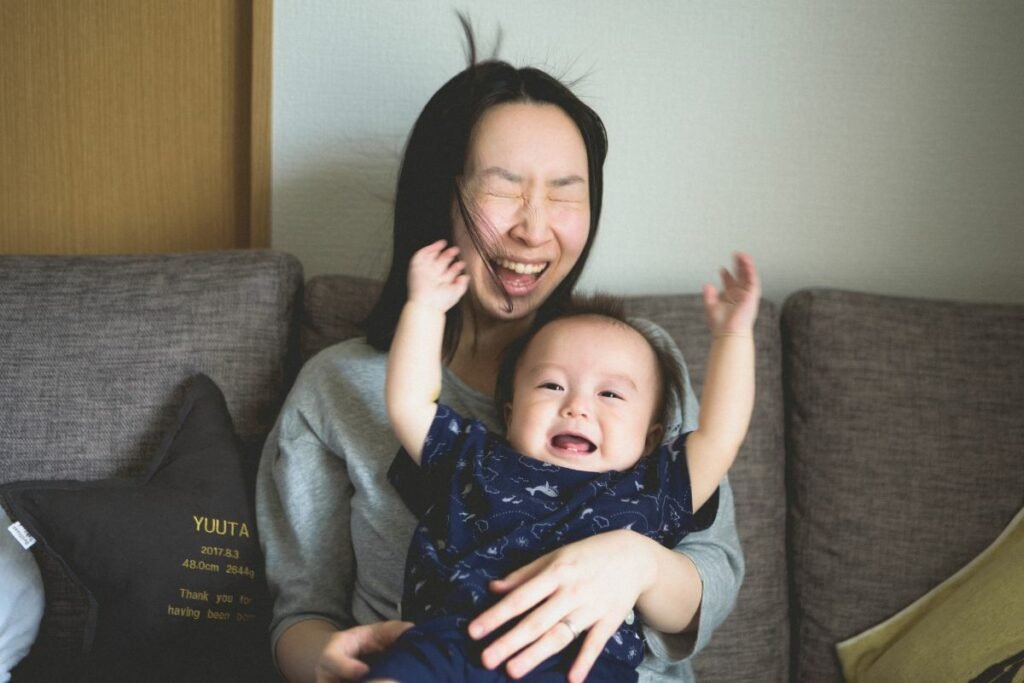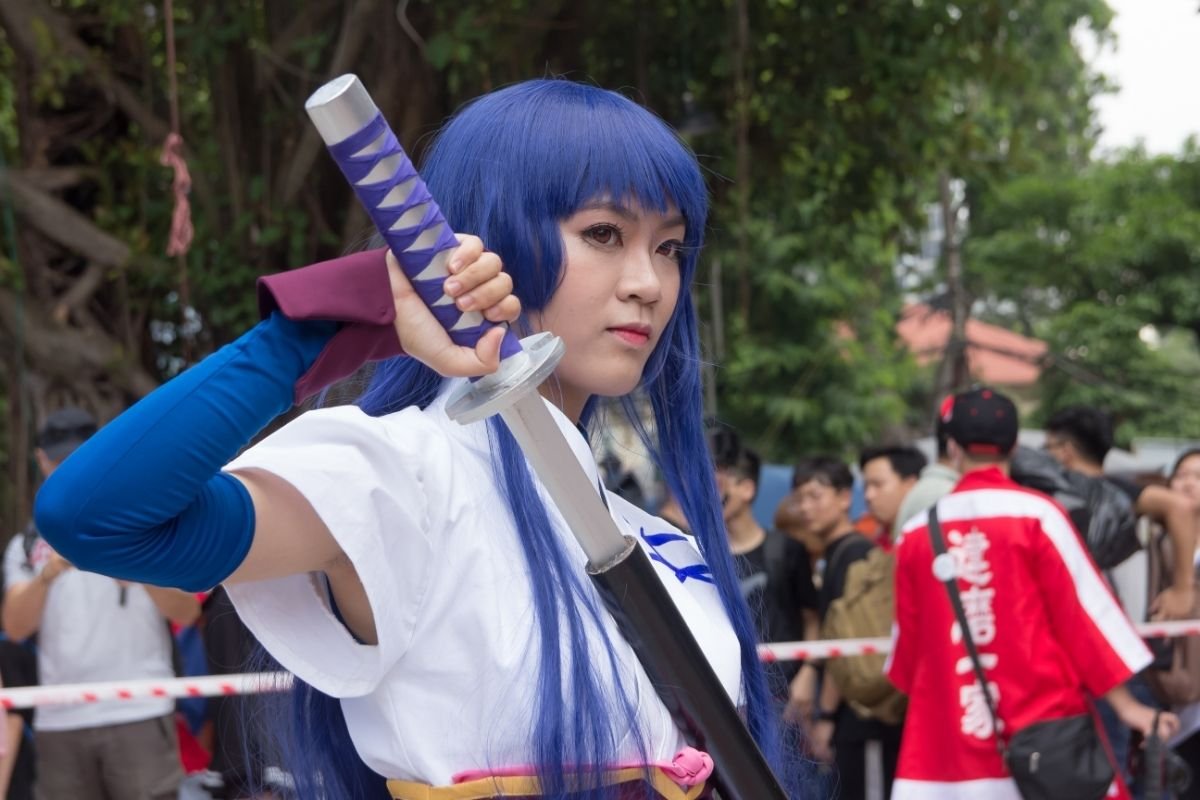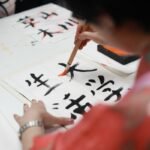Oftentimes when we’re learning a new language, it isn’t the initial translation that we find difficult, but rather, when we realize that one single word can be spoken in several different ways.
This is often the case for Japanese, and it’s one of the reasons why it’s considered so difficult to learn.

The word ‘mother’, in Japanese for example, can actually be pronounced in 7 different ways. This can be a bit of a mind field for those who have just started learning.
But don’t worry, that’s where we come in. Below, we’ve compiled a complete guide that will show you each of the different ways that you can say this word.
To find out more about the different varieties of the word ‘mother’, as well as how to pronounce it, simply keep reading below, as we take a closer look.
The Different Ways To Say Mother In Japanese
Below, we’ve compiled a list of each of the different ways that you can say mother in Chinese. This list includes more formal varieties, as well as some more affectionate ones used between family members.
Keep reading below to find out more.
1. Okaasan お母さん
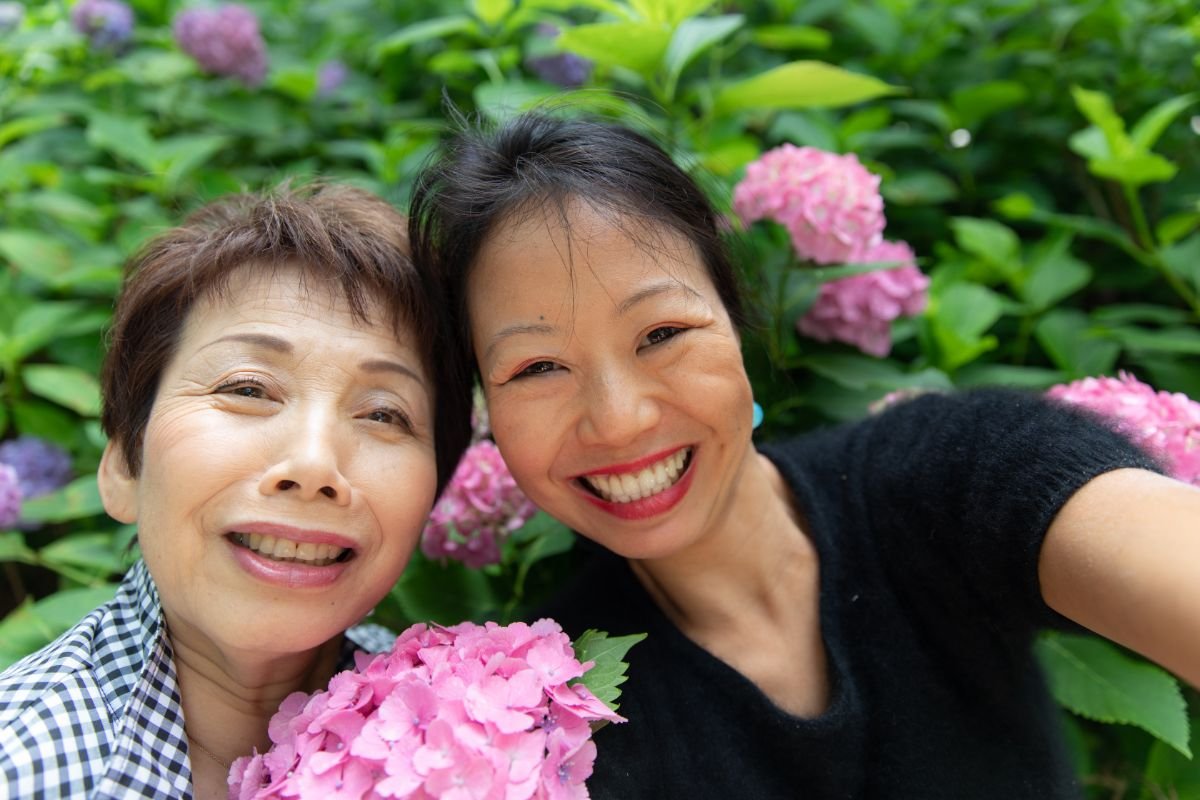
Now, let’s get started with the most common way of saying mother in Japanese. When you’re first learning Japanese, this is likely to be the first word that you learn for your mother.
It’s the most formal of all the ones on our list, and might not necessarily be used between families on a regular basis, but rather as a way of referencing your mother in conversation with others.
You can also use this word when you’re speaking to somebody else’s mother too. It is considered to be the ‘proper’ way to address your mother and other people’s mother in polite conversation.
We can also alter the levels of formality based on how we say this specific word. For example:
- Okaasan – More Formal
- Okaachan – More Relaxed
So, depending on the situation at play, you can alter the level of formality of the word simply by changing the ‘san’ to ‘chan’, the latter of which shows more affection.
2. Haha 母
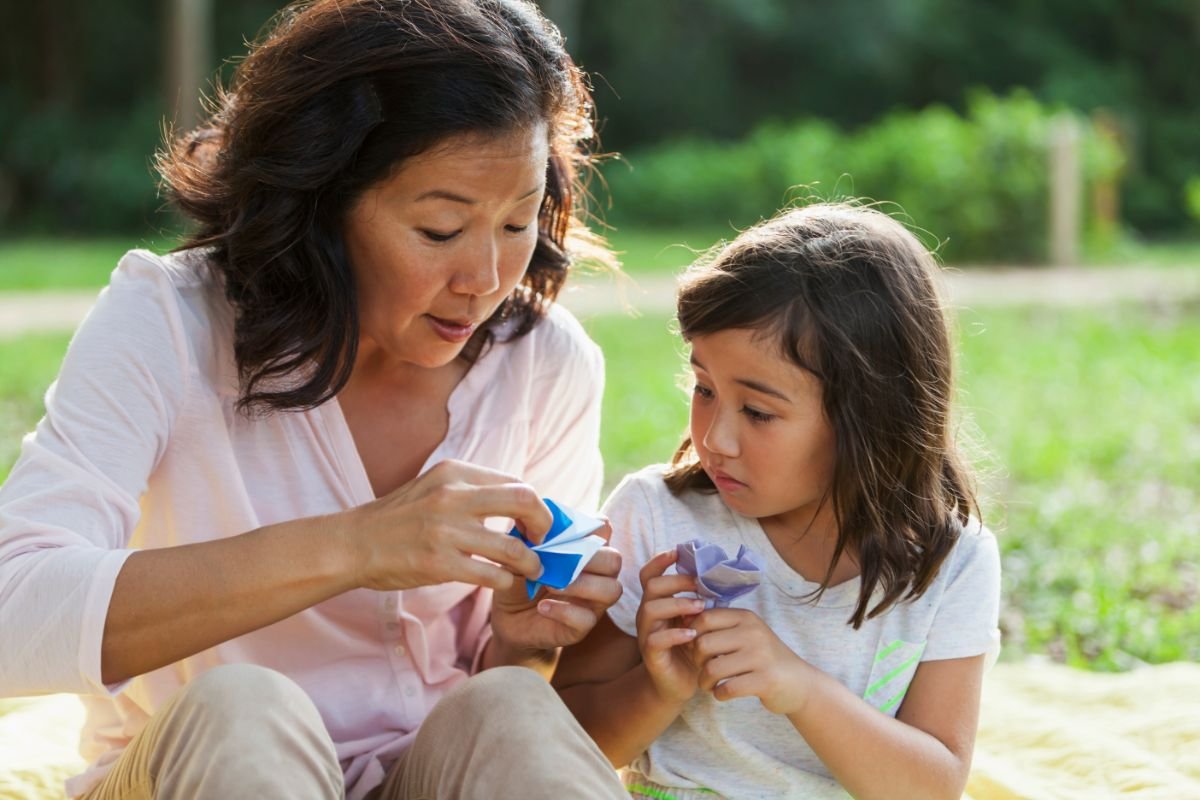
If you’re looking for a more informal and relaxed way of pronouncing mother in Japanese, then this is the one most widely used all around the country.
Haha sounds just like laughter in English, and is meant to express affection and joy.
This word should not be used when referring to somebody else’s mother, as it could be seen as a sign of disrespect, Haha is reserved exclusively for your own mother alone.
You can also use it to refer to your own mother in conversations with others.
3. Ofkuro お袋
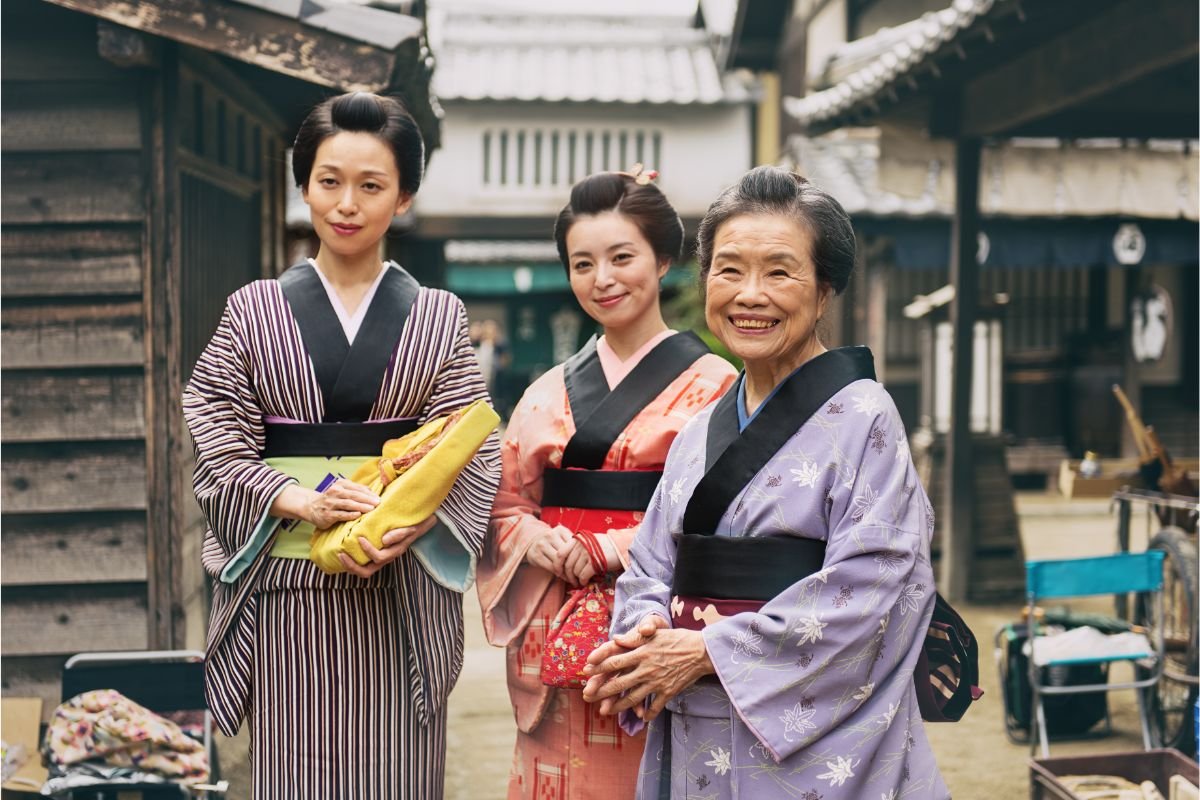
This is another extremely popular way of saying mother in Japanese, and you’ll very probably hear it quite often when you visit the country.
One of the most interesting things about this word is that it’s not actually considered to be grammatically correct in Japanese. It’s almost a kind of slang word that’s been so widely used that it’s now accepted.
Ofukuro is another informal variety of mother, and you would typically use it when speaking to other people about your own mom.
It’s absolutely fine to use it to describe your friend’s mothers too, and isn’t considered to be impolite in any way.
It can sound both relaxed and formal simultaneously, so whether you want to use it in more polite conversation, or informal conversation, this word is applicable for both of those scenarios.
4. Mama ママ

This word is used widely in Japan, and you’ve probably heard it being used a lot whilst you’ve been out and about. It’s the Japanese word for mother that sounds most similar to the one used in our language.
Mama isn’t a word that you’d typically hear uttered by adults however. Mama is something that very small children will use when referring to and speaking to their own mothers.
If we were to translate this word to one that we have in our own dictionary, it would probably be ‘mommy’.
This isn’t to say that adults can’t use this word in their own homes, and you’ll often find that people do if you speak to them about it.
But, you would probably never hear this word being uttered by an adult within the company of somebody who’s not a member of the family. It’s considered to be childish, to a certain extent.
5. Haha Oya 母親
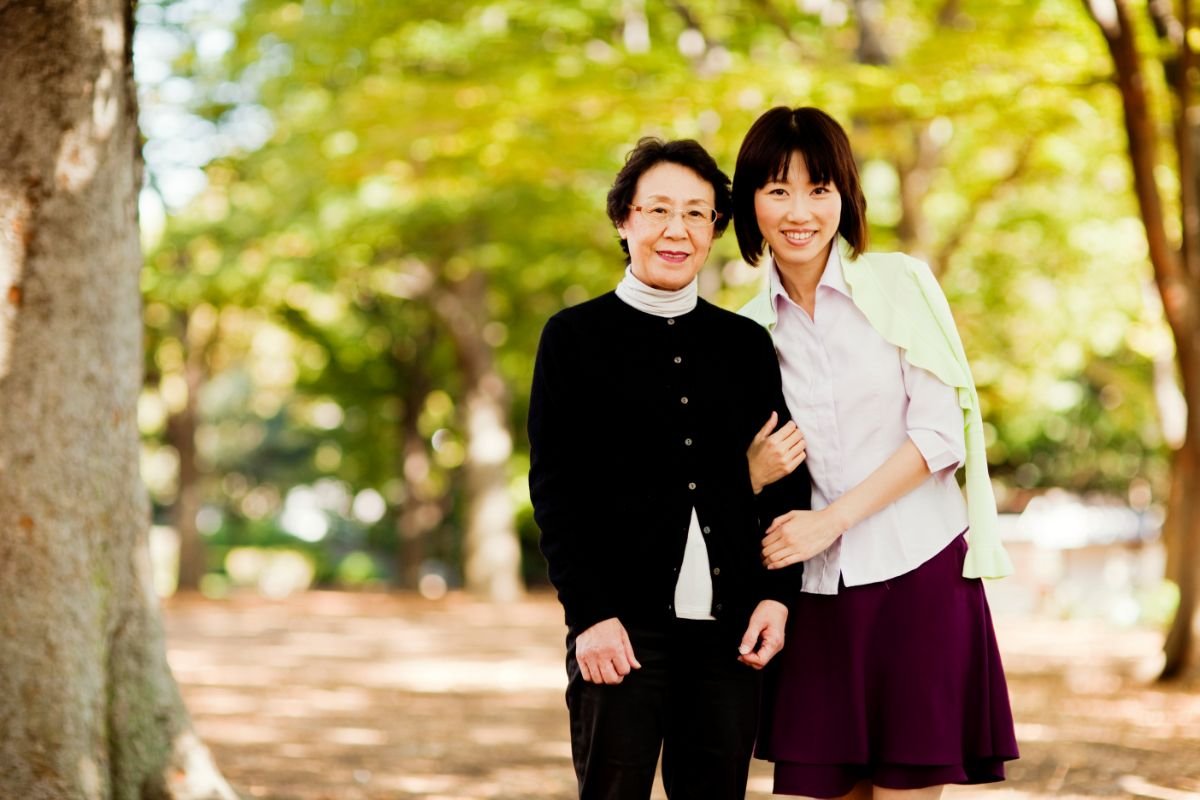
Now, we’ve already spoken about how to say mother in an informal and relaxed manner with ‘haha’, ‘haha oya’ is simply an extension of this, and is pronounced in the same way.
This word is far more broad than haha however, and can essentially mean anybody in the world who has children and is female.
If you want to refer to somebody who is having children, or has children in a relaxed and informal way ‘haha oya’, is a perfect example of how you would do this.
What’s interesting about this particular word, is that the object you’re referring to in the language doesn’t even need to be a human mother.
That’s right, this world can be used to describe any kind of animal in the world who has children.
So, if for example you were referring to a dog who has just birthed a litter of puppies, it would be completely acceptable to use the word haha oya when referring to them.
But, because haha oya is used to describe other people’s mothers so frequently, this shouldn’t be used to describe your own mother.
If you were to use this word to describe your own mother, this could be considered impolite, and rather rude because it sounds more distant than the other variety of haha.
6. Okan おかん
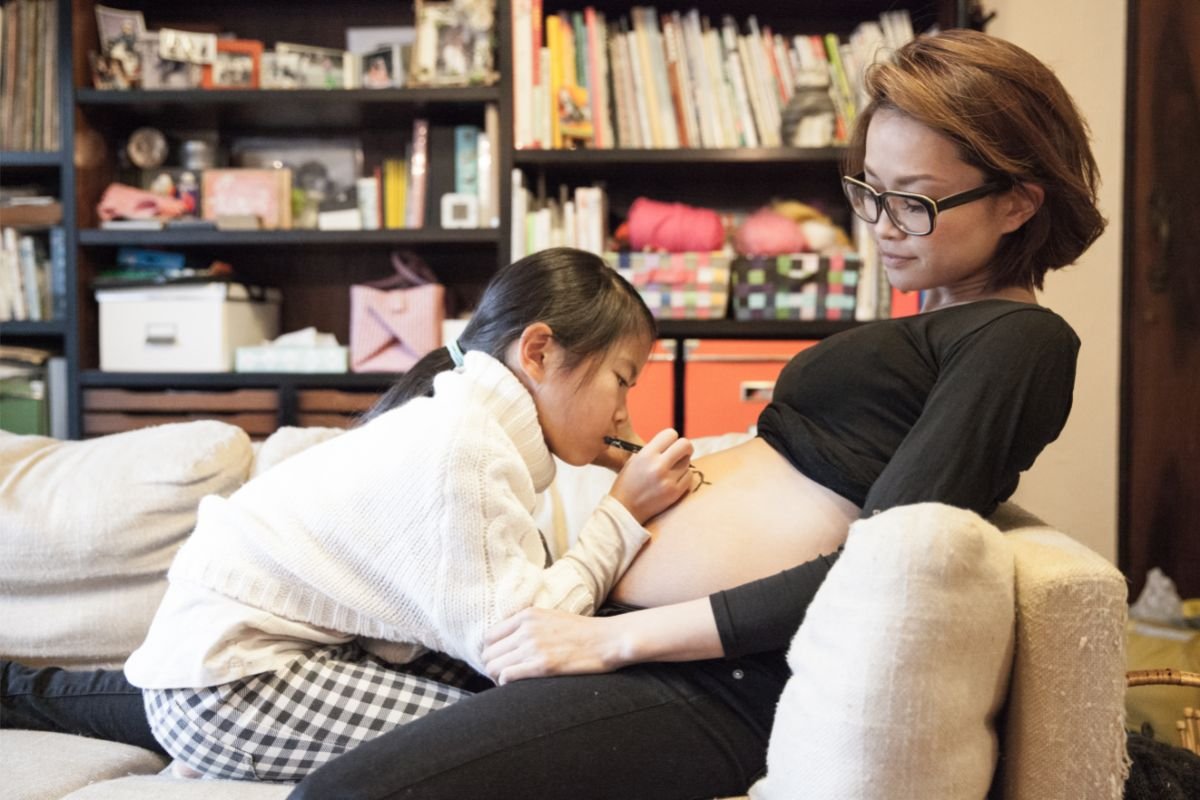
You might not hear this word as widely used as others, but it is used frequently in Japan nonetheless. It originally started out as a part of the Osakan dialect, but it gradually caught on, and became popular all over Japan.
You wouldn’t typically use this one if you were referring to your mother when speaking to friends. It’s considered to be very informal, and is comparable to the one we mentioned earlier, mama.
Differently from mama however, it’s considered to be slightly less infantile, and you’d hear adults saying it more frequently than the latter.
7. Haha Ue 母上
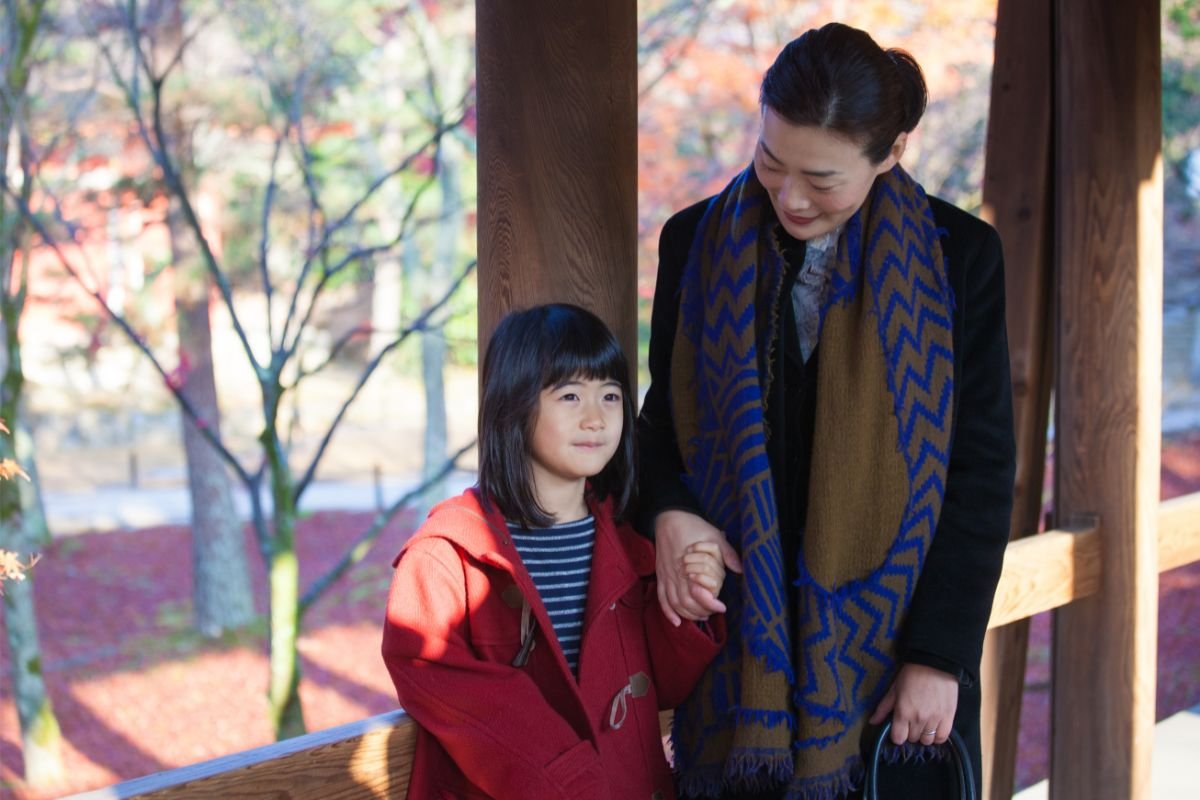
Here we find another variety of the word haha, which is a common and informal way of saying mother in Japanese.
If you were to add ‘Ue’ on to the end of that word, giving you ‘Haha Ue’, this would then denote a more archaic form of the word.
Haha Ue isn’t used widely in Japan anymore, but previously was used widely by families when speaking to their mothers. It’s now what we would call in the English language, an archaism, or a word that simply isn’t spoken anymore.
Sometimes, if you watch a Japanese movie that’s been based in the past, you’ll find the word Haha Ue being spoken by the characters.
Final Thoughts
To sum up, there are lots of different ways to say ‘Mother’ in Japanese, each of which have differing levels of formality. Take a look at our list above to find the applicable variety for the social setting you’re in.
- What Is a Maiko? - July 13, 2025
- What Does Domo Arigato Mean? - July 12, 2025
- What Does Naruto Mean? - July 12, 2025

